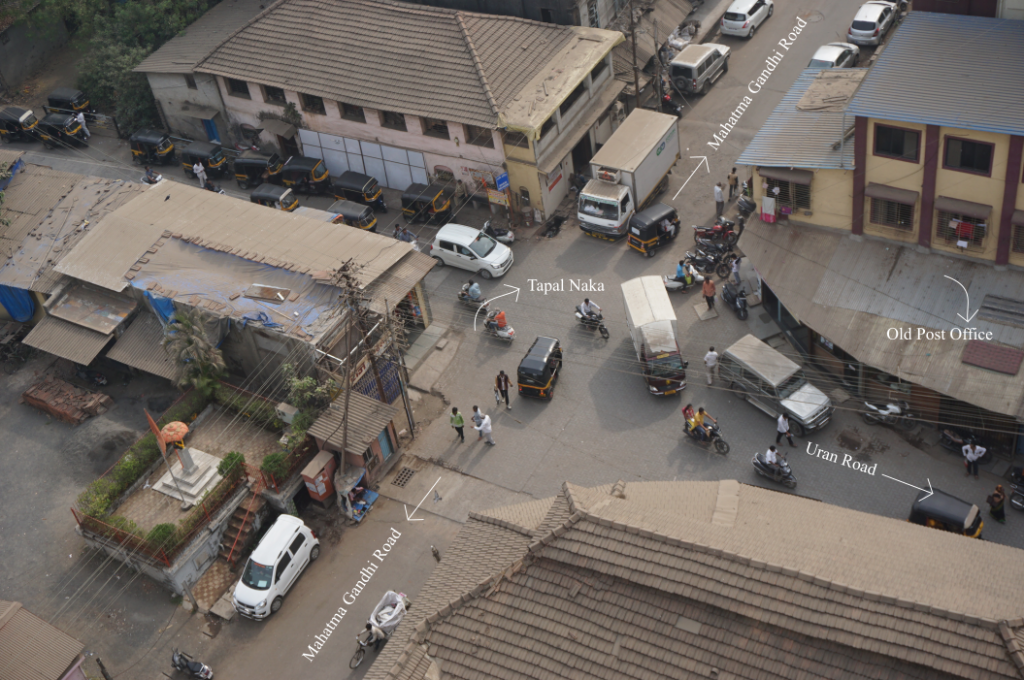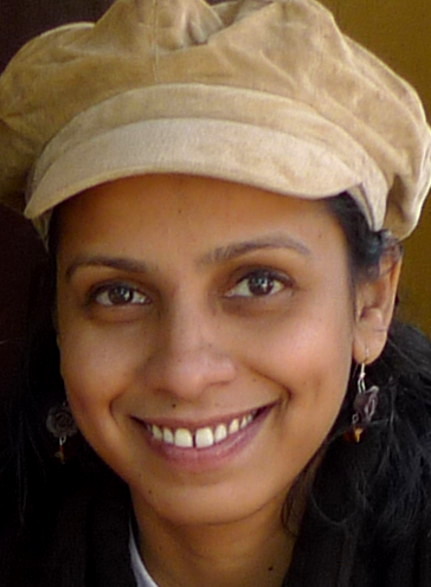WELCOME TO THE FIRST NEW MEDIA DOCTORAL SEMINAR OF 2022!
We kindly welcome you to attend the first New Media Doctoral Seminar of the Spring semester! The seminar will take place in Zoom today starting at 16:30 and ending at 18:30 (UTC/GMT+2, Helsinki, EEST). Neha Sayed will be presenting her work ‘The changing meaning of an urban place’. The seminar is mediated by Professor Lily Díaz-Kommonen.
PRESENTATION
‘The changing meaning of an urban place.‘
by Neha Sayed
ABSTRACT
The research contribution lies in presenting an approach to study the meaning of place for design intervention and exploring the role IoT technology may play in the changing meaning of place. It also contributes to the IoT paradigm by indicating a pro-community approach for technological development. The research contributes to the urban planning discipline by revealing the disparity in the meaning of a place. More immediately, the project contributes to new media research by indicating the role of media studies in the developing understanding of IoT.
BIO
Neha Sayed is basically an architect from Mumbai. She has done her MFA in Experience Design from Konstfack, Sweden. Before pursuing her PhD at the Department of Media, she has a done a combination of architectural practice, teaching and design research.
She started her tenure as a doctoral student in January 2016. Part of ‘Systems of Representations Research Group’, she is advised and supervised by Professor Lily Diaz-Kommonen. Her research is focused on assessing impact of sensor driven technologies on urban precincts. As part of her doctoral research, she conducted her fieldwork in a traditional port town on the west coast of India by adopting a multidisciplinary approach.
Researching Gamification: Strategies, Opportunities, Challenges, Ethics
CHI 2015 Workshop
From social sciences to biology, gamified applications and games are being increasingly used as contexts and tools of research: as “petri dishes” for observing behavioral dynamics; as sources of ecologically valid and/or “big” data on user behavior; as crowdsourcing tools for research tasks; or as means to motivate participation. However, their use also entails many open questions and deep ethical ramifications. This one-day workshop, co-located with CHI 2015 in Seoul, Korea, invites HCI and game researchers as well as industry practitioners and ethicists to advance the practice of using gamified systems and games as research contexts and tools in an ethical manner.
Deadline for submissions is January 19, 2015
– See more at: http://gamification-research.org/chi2015/#sthash.LdQScsAH.dpuf


